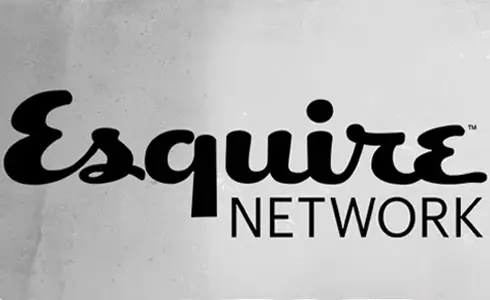NBCUniversal’s shrewd strategy: Moving away from underperforming cable networks
NBCUniversal has long evaded the mistakes of its competitors by strategically shutting down underperforming cable networks. Unlike other media giants, NBCUniversal developed a “healthy fear of zombies” – not the undead brain-eaters, but those “undead” cable networks that lurch on with only a few hours of original programming drowned out by endless reruns.
The fall of cable’s undead networks
Many cable networks, like MTV’s “Ridiculousness,” HLN’s “Fear Factor,” and Comedy Central’s “Seinfeld,” have turned into classic examples of networks that rely heavily on reruns. These networks often fail to keep viewers engaged around the clock and eventually decay into irrelevancy. Paramount Global and Warner Bros. Discovery are prominent owners of such “undead” networks, and their persistence in maintaining them has not borne fruit.
Recently, Warner Bros. Discovery revealed a staggering $9.1 billion write-down of its television assets, influenced by unfavorable business conditions and the potential loss of its NBA broadcast rights. Paramount Global faced similar issues, declaring a $5.98 billion impairment charge in anticipation of its acquisition by Skydance Media.
NBCUniversal: A proactive approach
NBCUniversal, on the other hand, has avoided such massive write-downs. Over the years, it has proactively closed underperforming cable networks without sentimental attachments, leading to a more streamlined and financially healthy operation. Steve Burke, former NBCU CEO, captured this sentiment in 2016: “There are just too many channels.” This philosophy led to the shutdown of networks like Style, G4, Esquire, Cloo, and Chiller. In 2021, NBCU took a bold step by announcing the closure of NBCSN, a sports network, to bolster NBC’s broadcast network, USA cable channel, and Peacock streaming service.
Emerging possibilities: Potential cable spin-off
Now, Comcast, NBCU’s parent company, is considering spinning off its cable portfolio. Comcast president Mike Cavanagh disclosed this during a recent investor call, emphasizing that the company is in the analysis phase to understand the potential impacts before making a decision. Speculation has arisen that Warner Bros. Discovery or Skydance might express interest in acquiring such assets. However, Cavanagh highlighted that, should a decision be reached, the intention would be to hand the new company over to shareholders.
According to industry analyst Craig Moffett, this potential move could finally separate Peacock and NBCU’s sports properties from the declining economics of traditional cable networks.
The complexity of modern media assets
In today’s media landscape, standalone cable networks have become both intricate and problematic. They still generate significant advertising and distribution revenue but demand substantial content investment to maintain ratings just as viewers migrate to streaming services.
Take Disney’s FX, for instance. Once renowned for its signature dramas and edgy series doled out weekly, FX is now often associated with Hulu, Disney’s streaming service. Current shows like The Bear exemplify this shift, becoming more synonymous with streaming than traditional cable schedules.
NBCU’s cable landscape: Hits and misses
NBCUniversal’s cable properties exhibit a mix of successes and falterings. Universal Kids has not met expectations since the $3.89 billion acquisition of DreamWorks Animation. Some believe NBCU might have fared better maintaining the outlet’s previous brand, Sprout, which catered to preschoolers and their parents.
Oxygen, initially designed to appeal to women under the backing of Geraldine Laybourne and Oprah Winfrey, has pivoted to a true-crime format with competitors boasting stronger footholds. However, stalwarts like MSNBC, CNBC, USA, and Bravo continue to thrive. USA, while no longer home to “blue-sky” dramas like Burn Notice or White Collar, still attracts sizeable audiences with sports and the return of “WWE SmackDown.” Meanwhile, Bravo maintains a fervent fanbase for its Real Housewives franchise.
Evaluating future challenges and benefits
Comcast’s contemplation of a cable spin-off raises numerous questions. Could NBCU’s news operations sustain if MSNBC and CNBC were separated from NBC News’ newsgathering?
Cable revenue plays a vital role in funding journalistic endeavors. Furthermore, uncertain deals with cable and satellite operators may dictate the continuation of sports programming on USA.
Cable’s erosion has impaired values for Paramount and Warner. Yet, NBCUniversal’s distinct approach might still extract new advantages from the medium if executives maneuver wisely. Comcast and NBCUniversal have a luxury their competitors lack: thorough scrutiny of shifting media dynamics, emerging relatively unscathed by avoiding the pitfalls others have stumbled into.
Comcast’s proactive measures and strategic decision-making have positioned the company for future stability in an ever-evolving media landscape. Share this insight on social media and stay connected for more updates and analyses on media trends!

 Italian
Italian







